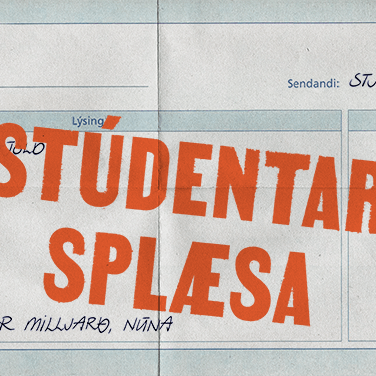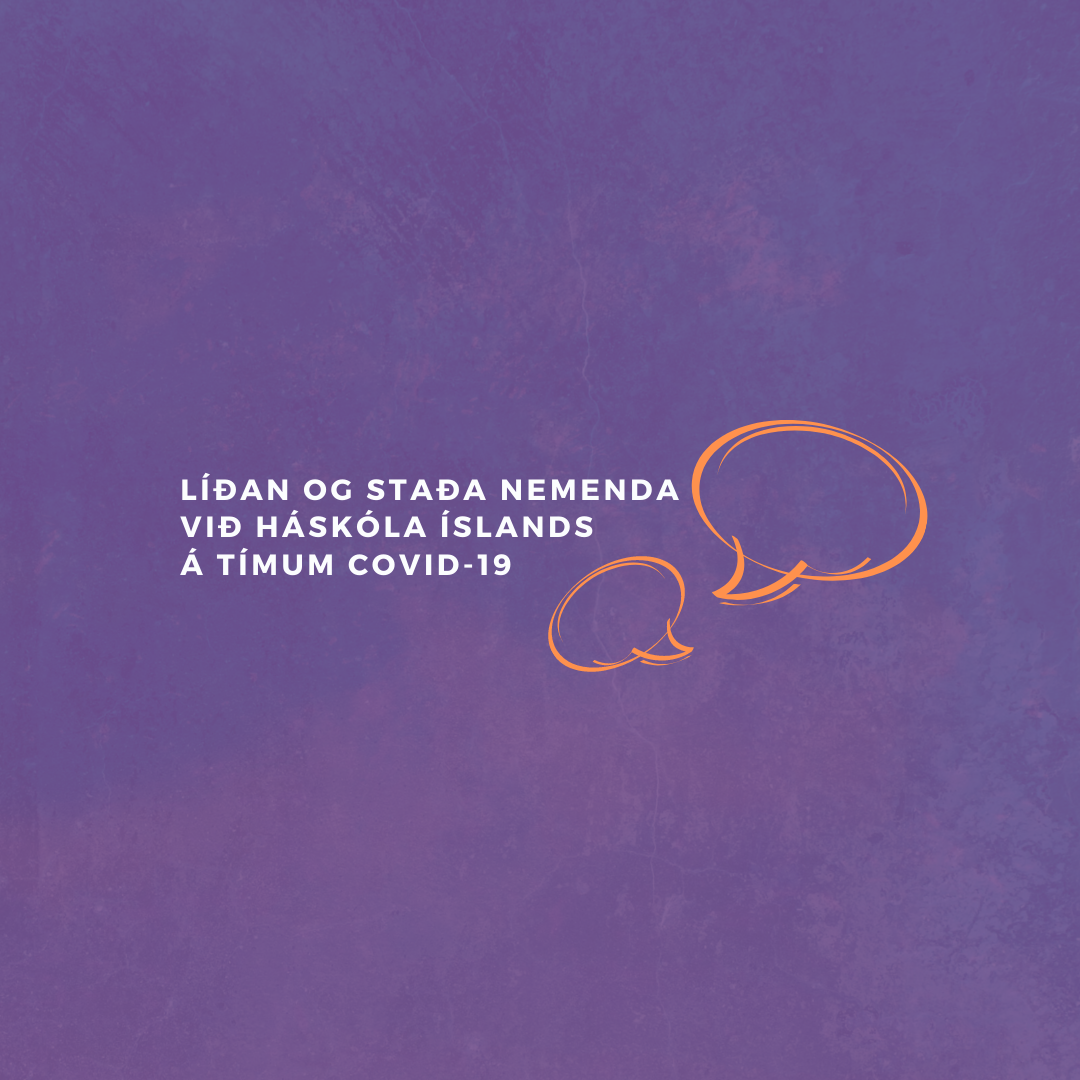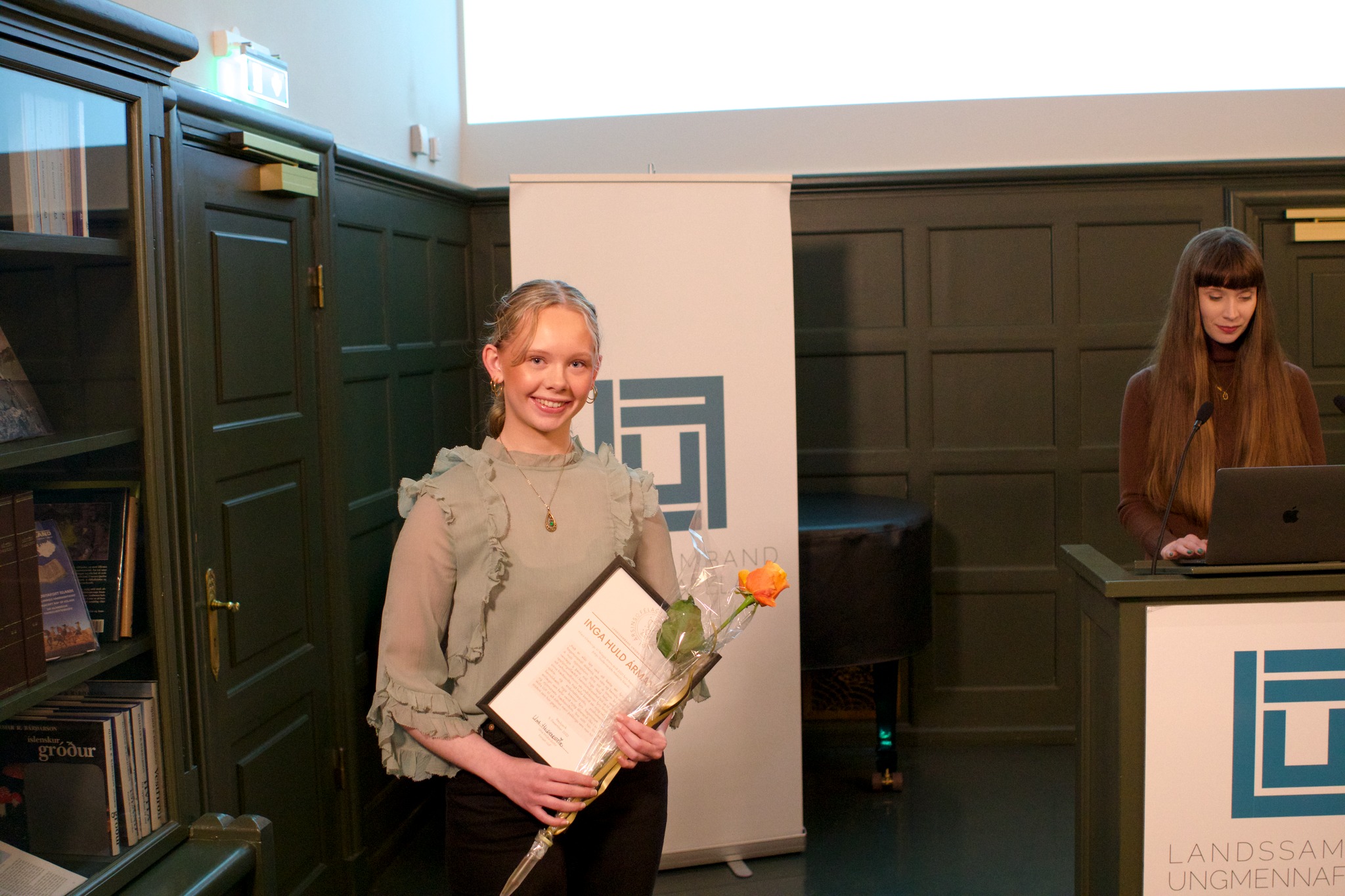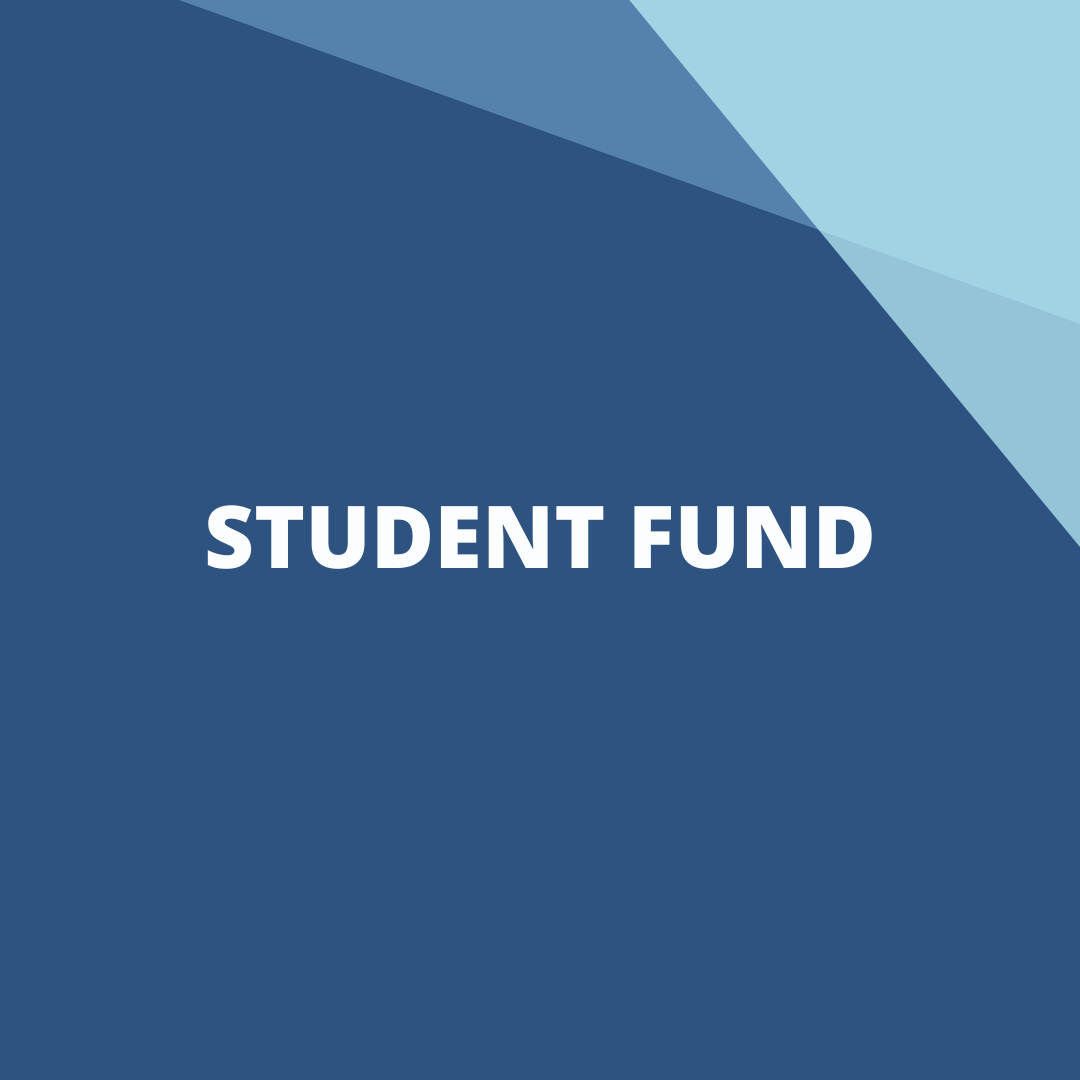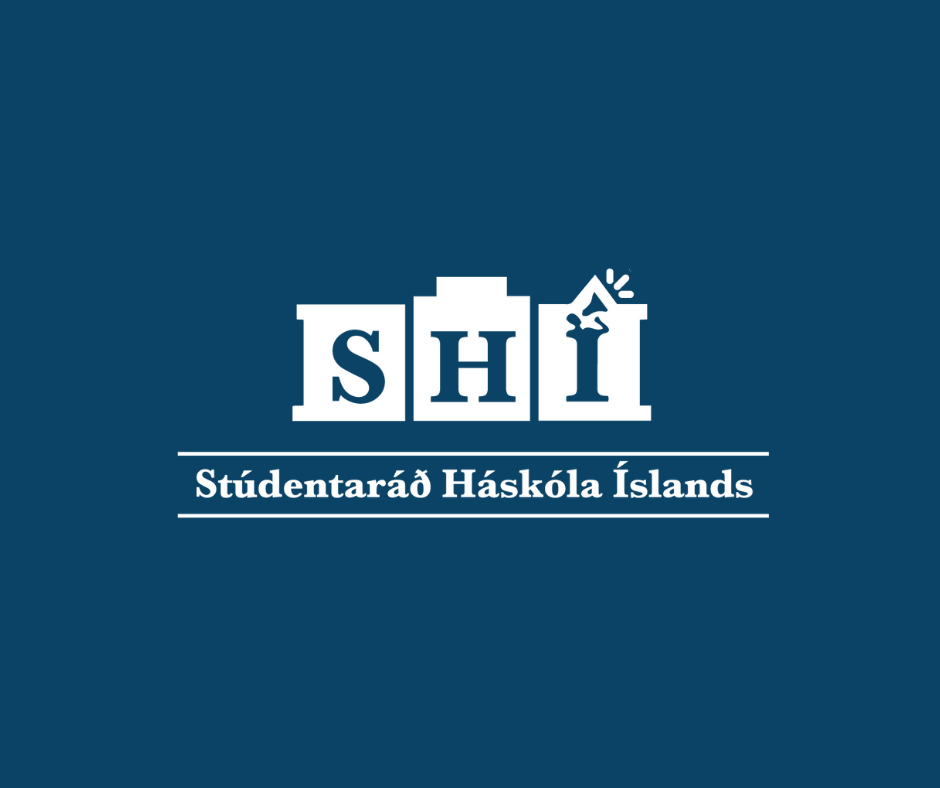In the summer of 2021, the Student Council’s office proposed to the council that a project manager should be hired during the summer to gather information and data on the rights of individuals within the welfare system and thus get a better picture of their position in different social situations. This was in line with projects that were already on the Student Council’s table in this regard, e.g. the Council’s information and data collection on student benefits within the student loan system, employment opportunities and rights in the labour market. Nanna Hermannsdóttir was hired as project manager at the Student Council’s office and was in charge of all information and data collection in consultation with the office. Nanna has a BA degree in economics from the University of Iceland and is no a master’s student in economics at Lund University. She has previously studied Nordic welfare systems at Halmstad University and event management at Hólar University.
Housing issues are one of the biggest issues of students’ interests. This issue is one of the main priorities on the Student Council’s agenda, as security is a fundamental issue during studies. The development of the university campus is already well underway and aims at a contiguous organisation with an emphasis on merging the university activities, increasing housing and the provision of services and environmental friendly connections and transport. Due to this, it was decided to look specifically at the terms and rights of students in the housing market and report on this in a published report. Its aim is to analyse and compare the general rental market and student accommodations, analyse the housing burden of students and examine their right to public housing support from both the state and municipalities with regard to the additional loan from the Student Education Fund for housing costs. The report also includes proposals for improvements on the issue that the Student Council requests to be considered.
It is worth mentioning that the report focuses on the position of students at the University of Iceland. Lower rental prices in the vicinity of schools could alleviate the situation in some cases where prices in the vicinity of the University of Iceland are by far the highest. However, it is not realistic to assume that the problem will disappear completely, and it should therefore be possible to transfer the results to almost all students in Iceland.
The report can be found here. It is in Icelandic.
Students in the housing market
Housing costs are one of the largest household expenditure items, and this applies no less to students. Young people and low-income people are considerably more likely than other groups to be in the rental market, according to Statistics Iceland’s data on the situation in the housing market by income and age. It involves less housing security and higher housing costs compared to owning real estate.
Students generally have lower wage income than other groups and are therefore particularly vulnerable to large increases in rental prices. The additional loan that the Student Education Fund provides to students for housing costs does not take into account the actual increase in housing costs. According to Eurostudent VII, 43% of students in Iceland are already considered to have burdensome housing costs, which is almost four times higher than among all Icelanders. In this context, it should be mentioned that students are divided into different groups in different positions, each of which can carry different obligations and live in completely different situations.
The assessment of the student housing burden was carried out on the basis of moderate assumptions about the traditional student and rental prices in the capital area. It is assumed that the traditional student is in the rental market and the analysis is divided according to the type of apartment and according to whether it is rented from student accommodations or in the general rental market. Disposable income is the total household income after taxes, including payments from the social system. The amount of student loans was also included, despite the fact that loans are generally not regarded as disposable income. Housing benefit is deducted from rental costs (cf. Statistics Iceland’s calculations of the housing burden) and is therefore not included in disposable income despite being payments from the social system.
Main results
The results of the report indicate that many students have burdensome housing costs in line with Eurostudent IV. The situation is due to the group’s low disposable income, but it should be noted that the majority of the disposable income referred to in this report is loans and not income or benefits from the social system. An unconventional definition of disposable income is therefore used here. Nevertheless, most indications are that a traditional student, as a single student, generally pays for housing costs that either approach it or are simply considered to be burdensome housing costs. The position of students in the housing market must therefore be considered a cause for concern.
Public financial support for students is subject to various conditions, which puts otherwise similar students in very different positions. This discrepancy is mainly due to two reasons. One of them is that the general housing support system makes stricter requirements for housing in the general market than for comparable apartments in student accommodations. The other reason is that the possibility of support varies depending on where the students live and where they have legal domicile registration, but special housing support varies both between municipalities and depends on whether the domicile and legal domicile are in the same municipality. As entitlements to social benefits are more often than not tied to an individual’s participation, students often fall into loopholes in the system and have to rely on specially designed exemptions in laws and regulations, as study is generally not the equivalent of participation.
Despite the development of student accommodations in recent years, it is still a long way from students being able to walk to an apartment in a student accommodation as a matter of course. The rental price index has risen by 41% in the last five years, at the same time as the Student Loan Fund’s additional loans for housing costs have risen by only 11%. If the basic subsistence (plus child allowance, where applicable) and additional housing loans are compared, it can be seen that the system actually assumes that students will bear the burdensome housing costs. It must be considered serious that the fund’s additional loans for housing do not take into account increases in the general market, as a large proportion of students rent housing while socially run resources such as student accommodations do not meet demand. In order to ensure stable terms, additional housing loans need to be increased by at least the amount of the rental price index between years.
The simple assessment that was carried out is by no means exhaustive and the proposals submitted by the Student Council are far from being the only possible ones and the issues that were examined are limited to the most general ones. The report is primarily intended as an incentive for action by the relevant government and an urgency for all those involved in decision-making on the rights and living conditions of students in Iceland. It is very clear that there is a lot to consider when observing these results, but it is important to start bettering this issue as soon as possible.
